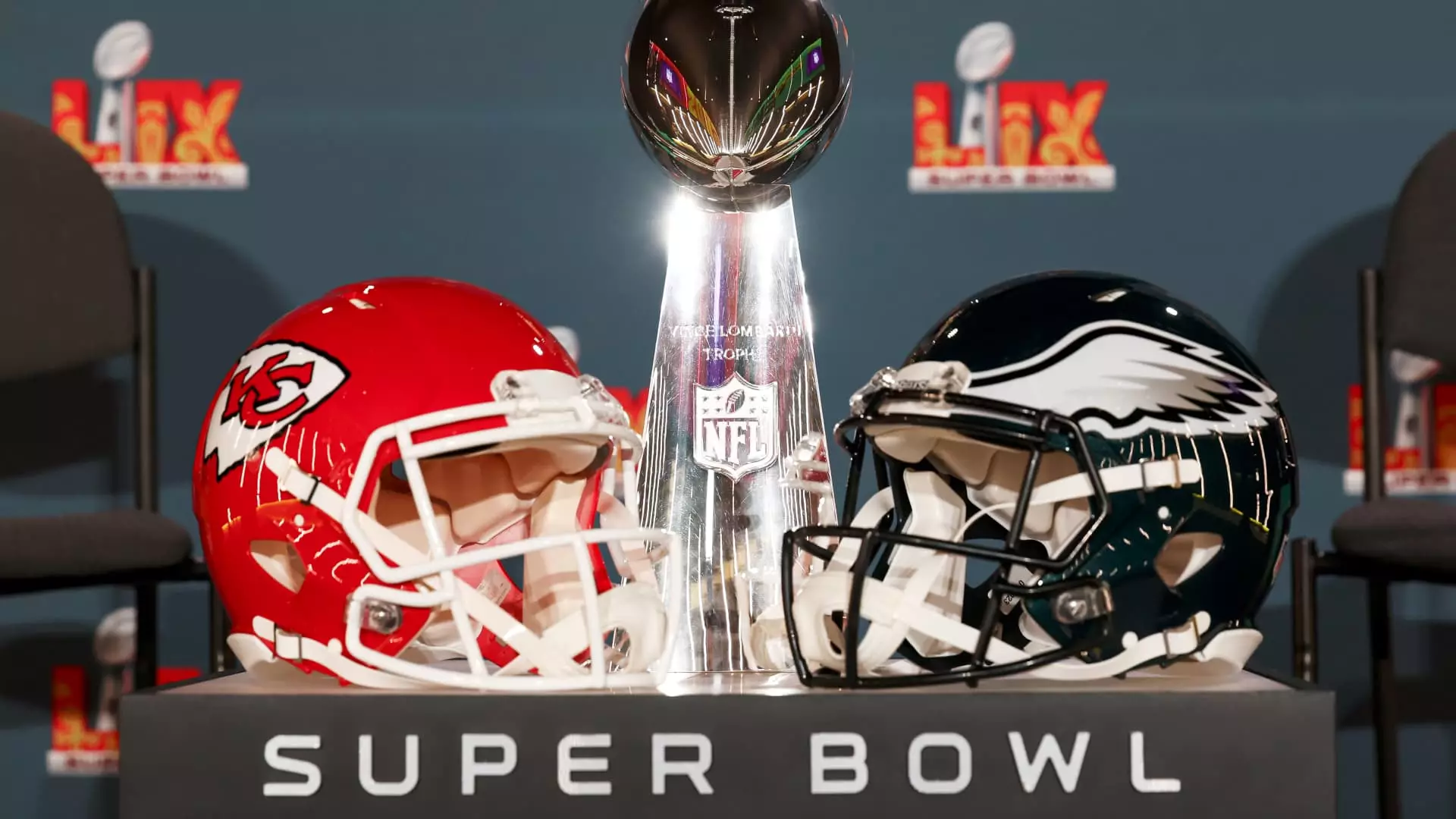The recent intensified crackdown by the NFL on ticket reselling by players, coaches, and staff exposes the league’s struggle to uphold integrity within its own ranks. While the league corrects these breaches with fines and sanctions, the underlying issue of economic exploitation persists as a symptom of broader systemic flaws. The crux of the matter lies not merely in penalizing a handful of individuals but in addressing the cultural acceptance of profiting from league privileges. This is a reflection of a pressing moral dilemma: should the NFL’s quest for revenue and exclusivity overshadow its responsibility to foster fairness and trust? This punitive approach, while necessary, hints at a deeper failure to cultivate a genuine culture of integrity.
By targeting individuals who sell tickets at profit margins—often to the highest bidders—the league attempts to curb the perception of a rigged system. Yet, this focus on individual violations risks overlooking how economic incentives within the NFL and the sports industry at large actively promote such behavior. When privilege and profit are embedded into the fabric of professional sports, strict penalties are simply band-aids on a systemic wound. The league’s efforts, though commendable, appear reactionary rather than transformational, missing an opportunity to rethink how tickets are allocated and sold in the first place.
Are Fines and Penalties Truly Enough to Deter Corruption?
Fining players 1.5 times the face value of tickets and doubling the penalty for staff may seem firm, but in practice, this, too, risks being yet another superficial measure. For those driven by lucrative incentives, the risk of fines remains a cost of doing business—especially when the potential payoff from a lucrative resale can far exceed the penalties. The NFL’s approach suggests an acknowledgment that personal profit from official concessions is inappropriate, yet it does little to dismantle the deeper greed that fuels such transactions.
Furthermore, eliminating future ticket-purchasing privileges appears more of a slap on the wrist than a meaningful deterrent. Without broader reforms—such as restructuring how tickets are distributed, introducing more transparent mechanisms, or limiting resale markets—the league’s strategy resembles an enforcement of superficial compliance rather than genuine ethical reform. Fans and ethical observers might wonder if this crackdown is truly about protecting integrity or simply about safeguarding the league’s reputation against public backlash.
Is the League Using Punishment as a Substitute for Systemic Change?
What this reveal suggests is that the NFL, while taking steps to bolster policy enforcement ahead of the next Super Bowl, remains tethered to a reactive mentality. Increasing penalties without addressing the root causes signals a missed opportunity for leadership in sports ethics. In a broader context, sports leagues have a moral obligation to foster environments that prioritize fairness, community trust, and respect—not just profitability.
By clinging to punitive measures, the NFL risks perpetuating a cycle where individuals are punished rather than systems being reformed. If the league genuinely aspires to uphold its values, it must go beyond fines and suspensions. The focus should shift toward establishing equitable ticketing systems that prevent resale profits and ensuring that the league’s policies reinforce fairness at their core. Only then can the NFL claim to be genuinely committed to preserving the integrity of the sport and rewarding loyalty over greed.


Leave a Reply